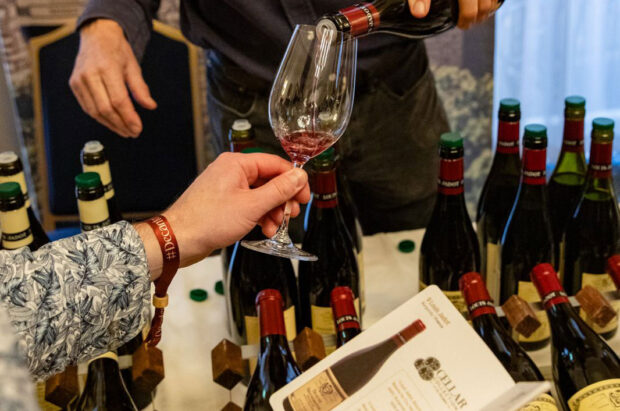Advanced DNA identification techniques could be used to prove the origins of fine wines, helping in the fight against fraud and counterfeiting, says a hi-tech US company.
BioMaterial Genotyping, developed by Applied DNA Sciences (APDN), uses DNA to confirm the origins of wine through traces left by its ingredients – likened to ‘nature’s fingerprints’.
The company is working with wineries on Long Island to build up a database of grape cultivar genotypes. This database could then be used to confirm the authenticity of wines in the future, preventing the blending of fine wines with cheaper products.
APDN believes the technology could have multiple benefits for the industry, authenticating wines and protecting brands, as well as offering quality assurance throughout production. The technology could also be used by Customs and other official bodies to confirm authenticity.
The company can also apply ink-based, non-replicable DNA markers to bottles, labels and corks, which can be screened using a hand-held reader, or identified using DNA analysis.
APDN claims the markers have a false positive rate of less than one in a trillion.
Written by Richard Woodard






